A multi-channel network (MCN) is defined as an organization that works with video platforms to assist channel owners in areas such as product, programming, funding, cross-promotion, partner management, digital rights management, monetization / sales, and audience development, in exchange for a percentage of ad revenue from the channel.
Essentially, an MCN works in a similar fashion to how networks operate with regard to television. In working with an MCN, a YouTuber’s channel becomes a property similar to a program on a television network. In the case of YouTube, the owner of the MCN creates an account within YouTube’s CMS (content management system). The company then adds the other affiliated accounts and YouTube channels to that specific CMS. This allows for monetization integration on YouTube’s platform as well as access to YouTube’s Content ID program, which scans for copyrighted material.
One of the main benefits of working with an MCN comes in the potential for advertising opportunities. In recent years, brands have begun moving away from traditional methods of advertising, such as television adverts, in favour of online advertising. This is largely due to the fact that traditional advertising methods have become easy for viewers to tune out, whereas online advertising can create a more integrated experience. Brand deals are now embedded directly into a YouTuber’s video or other online content, making it more difficult for the user to ignore. Brands will often seek out MCNs and the online personalities affiliated with them, because it allows for the process to be completed with an ease and swiftness while also targeting multiple channels and viewerships at once.
Other benefits to working with an MCN can include:
- Access to video creating and publishing tools
- Marketing and promotion
- Production and editing facilities
- Access to traditional media projects
- Access to copyrighted music licences
- Copyright claim protection
Although every aspect described in the above list is advantageous to content creators, the protection afforded to a creator through an MCN regarding copyright claims is arguably the most substantial benefit. It does not take much to be found guilty of infringing on copyrighted material online, especially in the eyes of YouTube and their Content ID program.
When an independent creator receives a copyright strike, their first instinct is often to cite the doctrine of fair use. However, most people don’t fully understand the implications of fair use and how to navigate it successfully.
Generally, fair use is defined as the “reproduction or copying of copyrighted material for a limited and transformative purpose, specifically to comment upon, criticize, or parody a copyrighted work. Such use does not require permission from the copyright owner and is a defence against a claim of copyright infringement. The general purpose of fair use is intended to be a limitation to copyright laws so that the interests of the copyright holder and the public are balanced.”
In Lenz v Universal Music Corp, the U.S. Court of Appeals for the Ninth Circuit concluded that fair use was not merely a defense to an infringement claim, but was also an expressly authorized right and exception to exclusive rights granted to the author of a creative work by copyright law. Still, In Folsom v Marsh, four factors were established as the basis for considering the applicability of fair use:
- the purpose and character of the use, including whether such use is of a commercial nature or is for non-profit educational purposes;
- the nature of the copyrighted work;
- the amount and substantiality of the portion used in relation to the copyrighted work as a whole; and
- the effect of the use upon the potential market for or value of the copyrighted work.
Considering this, it is unlikely that citing fair use will easily grant you any clemency from YouTube or other sources when it comes to a copyright strike online. Receiving a copyright strike from YouTube can bring down a creator’s channel and their content all too easily. For that reason, having an MCN on your side can allow you protection in instances like this. In working with an MCN, creators can deflect blame from an infringement strike onto the network as opposed to themselves. In such instances, the creator will likely find it easier to retain their monetized content.
While the list of advantages is likely enough to make any rising YouTuber sign on the dotted line, the high-profile closures of FullScreen and Defy Media this year should be cause for concern for new content creators.
The list of MCN’s currently operating on YouTube is constantly growing, giving YouTubers ample choice on who to sign with. However, the online video marketplace is still a relatively new one, and one that is highly unregulated at that. The list of MCNs is long because the market is fickle and quick to change tides. Both FullScreen and Defy were, on the surface, highly successful companies — yet their closures were sudden and swift, leaving those who worked for them completely in the dark and without access to their channels or hard-earned profits.
Any YouTuber working with these types of companies will enter into a contract with that company. When entering into such a contract, content creators should be wary of the following:
- Fees charged by the network to the content creator for their services
- Percentage of ad revenue retained by the company
- Specific services and level of support offered to the channel by the MCN
- The obligations of the creator to the network
- Duration of the contract
- How to terminate the contract
No matter what the specific terms of the contract are, one thing will always remain the same: all revenue generated by the creator’s videos will flow through the MCN first and foremost. This facet creates a power imbalance between the creator and the company, giving far less bargaining power to the creator. In the case of creators working with Defy, ad revenue has been withheld from them; now that the company has closed, it is unclear whether or not the affected creators will ever see their payments restored in full.
Obviously there is a lot to consider when deciding whether or not to sign with an MCN. Ultimately, it will be a personal decision based on your goals and what you hope to achieve with your content. Depending on the size and scope of your online presence, it might make the most sense to sign with an MCN. However, it is important that you do so after considering all of the possible advantages and disadvantages. The only way to know whether or not partnering with an MCN is right for you as a content creator is by becoming informed.


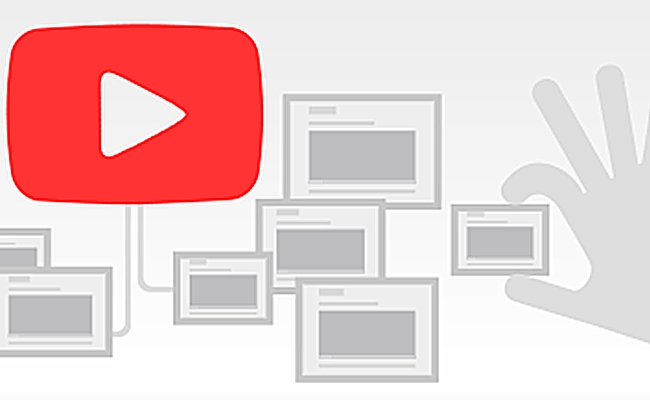
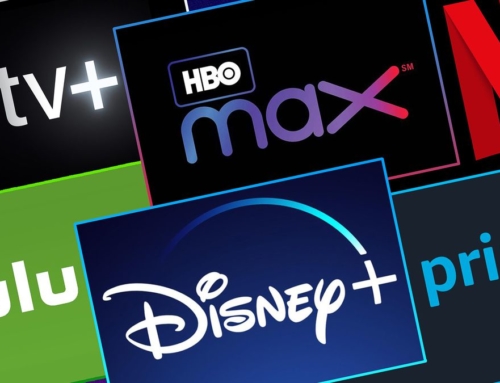
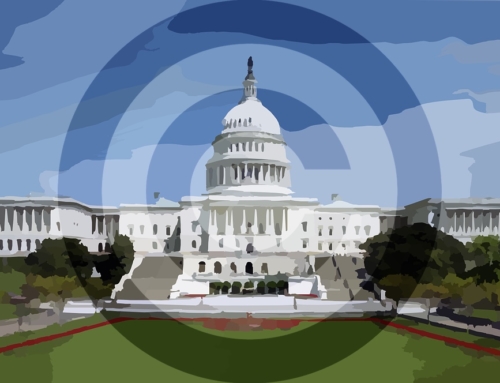
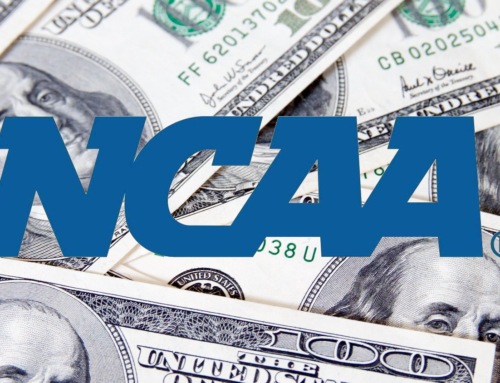

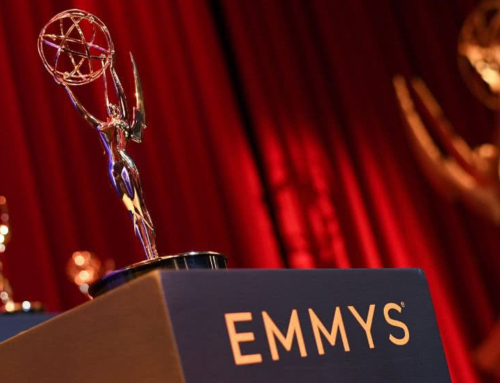



Leave A Comment
You must be logged in to post a comment.